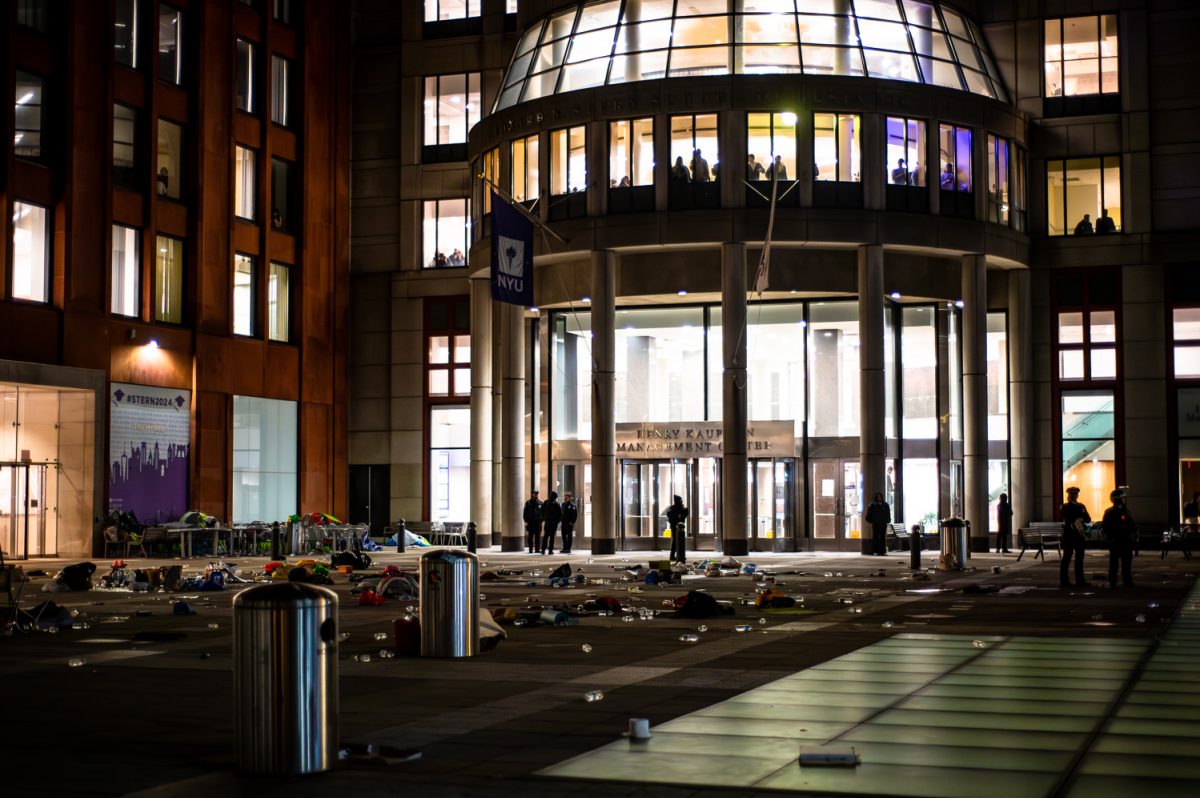Dartmouth hard alcohol ban concerning
February 2, 2015
Dartmouth College has introduced a range of sweeping changes to improve student residential life, including mandatory trainings to prevent sexual violence and a controversial ban on hard liquor. Come the end of March, Dartmouth will prohibit any liquor that is 15 percent alcohol or greater, even in residence halls for those of age. Dartmouth President Philip Hanlon said he envisioned a future where students should be free from “extreme behaviors” and “part of a safe and healthy environment.” The Jan. 29 announcement also warned student organizations — including Greek life — that they will be held to higher standards than before and could be banned from campus if conditions do not improve. While sexual violence is a serious problem that university administrations must stamp out, it is not likely any attempts to ban binge-drinking will be effective.
Speaking about the proposals, Hanlon said Dartmouth’s tradition of academic excellence will continue “only if we remove the barriers that keep us from fulfilling our potential.” Considering that many students believe drinking to be a core facet of their college experience, Hanlon’s characterization of drinking seems hyperbolic. Hard alcohol is not a barrier to success when it is consumed responsibly.
There are questions about the effectiveness of the alcohol ban, especially considering pre-gaming is difficult to monitor. The former chair of the American College Health Association’s Alcohol, Tobacco and Other Drug Coalition, Laura Forbes, said the ban likely would not “slow down the intoxication rate” and noted that students who wish to drink will still find a way. The ban also ignores the fact that, when prepared properly, mixed drinks often contain the same amount of alcohol as beer and wine. Other banned substances frequently find their way into dorm rooms, and it is unrealistic to expect otherwise for alcohol.
While it is easy to support sexual assault prevention programs, other aspects of the new Dartmouth proposals have been rightly criticized as vague and overbearing. It is unclear how or why an increase in “positive adult influences in the lives of students” will be implemented. While some plans have faced criticism, others are encouraging steps forward. Dartmouth is now the first university other than military academies to require four-year sexual violence prevention training. This proposal is a favorable measure to combat a worrying national trend in sexual assault.
Dartmouth deserves recognition for its progressive ideas, but unfortunately the implementation of these ideas will likely prove problematic. Banning all hard liquor is simply not a viable solution for curbing exorbitant alcohol consumption. In contrast, Dartmouth’s four-year sexual violence prevention and education program is an excellent step in preventing sexual violence. It is this type of measured, proportional response that will cause real change — not an unrealistic ban on hard alcohol.
A version of this article appeared in the Monday, Feb. 2 print edition. Email the Editorial Board at [email protected].











































































































































